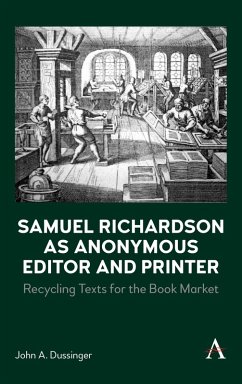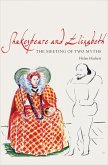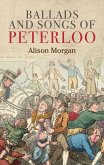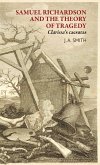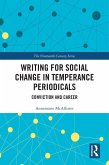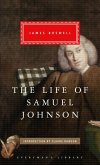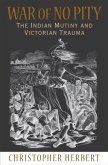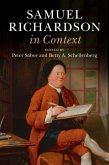Owing to the pioneering work of William Sale and Keith Maslen, which produced a catalogue of printer's ornaments belonging exclusively to Samuel Richardson's business, we now have an invaluable method for identifying the many publications issuing from the Salisbury Court shop. This study adds a number of new titles to the Maslen catalogue and also examines stylistic evidence in supporting attributions of anonymous texts. A number of books from Richardson's press are found to be unacknowledged digests of works already in print, and in some cases manuscripts of letters were appropriated as raw material for an essay or pamphlet.
From the beginning of his career as printer, Richardson consistently worked as an anonymous editor and compiler while manufacturing books from his press. While setting type for his many newspapers and journals, this major London printer was mainly concerned about generating a readership and thus invoked all the tricks of his trade to arouse interest in his readers. Without ever asserting himself as the author, Richardson produced many letters to the editor as a means of invoking a collective response without risking the responsibility of answering for the opinions expressed in his letters. It was a rhetorical strategy that worked very well for a printer who by profession had to publish many works that expressed opinions wholly in conflict with his own. His long experience as anonymous editor prepared him in launching fictional "histories" told through multiple voices that conceal or underplay a central author's authority.
Hinweis: Dieser Artikel kann nur an eine deutsche Lieferadresse ausgeliefert werden.
From the beginning of his career as printer, Richardson consistently worked as an anonymous editor and compiler while manufacturing books from his press. While setting type for his many newspapers and journals, this major London printer was mainly concerned about generating a readership and thus invoked all the tricks of his trade to arouse interest in his readers. Without ever asserting himself as the author, Richardson produced many letters to the editor as a means of invoking a collective response without risking the responsibility of answering for the opinions expressed in his letters. It was a rhetorical strategy that worked very well for a printer who by profession had to publish many works that expressed opinions wholly in conflict with his own. His long experience as anonymous editor prepared him in launching fictional "histories" told through multiple voices that conceal or underplay a central author's authority.
Dieser Download kann aus rechtlichen Gründen nur mit Rechnungsadresse in A, D ausgeliefert werden.
Hinweis: Dieser Artikel kann nur an eine deutsche Lieferadresse ausgeliefert werden.

